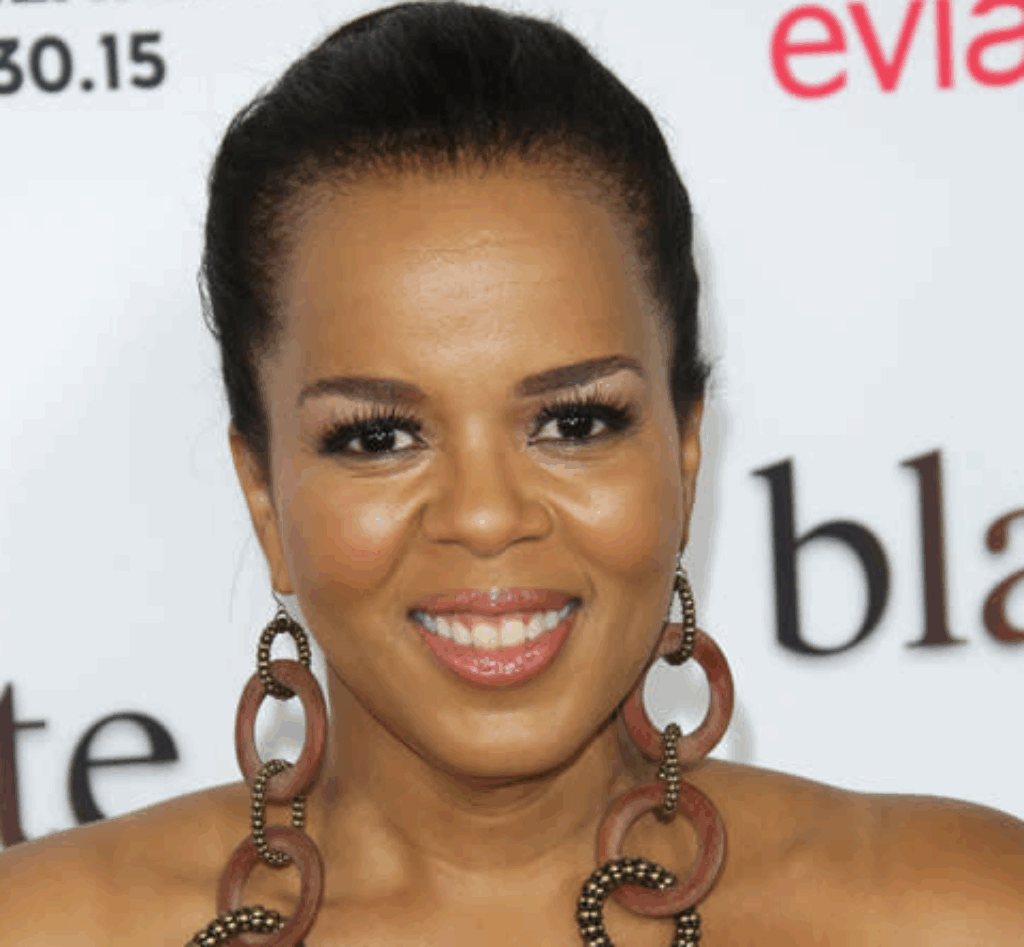
Paula Newsome has built a respected career in television and film with standout roles in CSI: Vegas, Barry, and Spider-Man: No Way Home. But in recent years, a wave of online curiosity has surfaced around one specific question: Does Paula Newsome have a disability?
This article breaks down what’s known, what’s speculation, and why it’s important to separate the two.
Who is Paula Newsome?
Paula Newsome is an accomplished American actress with a long-standing presence in television, film, and theater. With a career spanning over three decades, she has earned critical praise for her versatility, depth, and commanding screen presence.

Newsome first gained broader recognition in the early 2000s with appearances in shows like The Lyon’s Den and Law & Order, but she truly broke through with her role as medical examiner Claire Washburn in Women’s Murder Club. That performance established her as a go-to talent for strong, intelligent characters in high-stakes settings.
More recently, she took center stage as Maxine Roby in CSI: Vegas, stepping into a franchise with a devoted following and holding her own with grace and authority. Her portrayal of the lab’s supervisor earned widespread respect and added a fresh, grounded perspective to the long-running procedural.
In addition to her television work, Newsome appeared in HBO’s Barry and played a key supporting role in Spider-Man: No Way Home as the MIT dean — a brief but memorable part that reached millions.
Beyond her roles, Newsome is respected in the industry for her professionalism, quiet charisma, and ability to elevate every scene she’s in — no matter how big or small.
Why Are There Questions About a Disability?
Speculation about Paula Newsome’s health began circulating online after observant fans noticed her distinctive gait in several television appearances, most notably on CSI: Vegas. In certain scenes, she appears to walk with a slight limp, subtle imbalance, or stiffness in her movement. These physical traits, while not overtly addressed by the show or the actress herself, caught the attention of viewers and quickly became a talking point across social media platforms and discussion forums.
As a result, search terms like “Paula Newsome disability,” “Paula Newsome walking problem,” and “Paula Newsome health issue” have surged in popularity. Fans have expressed both concern and curiosity, wondering whether she is managing a physical condition or recovering from an injury.
However, it’s crucial to recognize that not every physical variation signifies a disability or health concern. Jumping to conclusions based on appearance alone can be misleading and disrespectful, especially when no verified information exists.
Has Paula Newsome Confirmed Any Disability?
As of now, Paula Newsome has not publicly confirmed any disability or medical condition. There are no interviews, press statements, or credible reports suggesting she has been diagnosed with a disability.
In a media landscape where celebrities often share personal health journeys, Newsome has chosen not to address these rumors — which is entirely her right. Health is personal, and unless a public figure chooses to speak about it, speculation remains just that: speculation.
Debunking Rumors and Respecting Privacy
It’s easy to fall into the trap of online guessing games, especially when viewers notice something different. But it’s worth remembering: not every difference signals a medical issue. Actors move and carry themselves in diverse ways — due to everything from old injuries to simple body mechanics.
Without facts, public speculation can cross the line into disrespect. Paula Newsome has continued to work at a high level, earning praise for her performances. That should be the focus.
Representation and Visibility in Media
The conversation around Paula Newsome and the speculation regarding her physicality taps into a broader issue: how disability and physical differences are portrayed — and perceived — in the entertainment industry. For decades, Hollywood has underrepresented people with visible or invisible disabilities, often casting able-bodied actors in roles meant to depict disabled characters, and rarely allowing disabled actors to portray fully realized, complex individuals.
This lack of authentic representation reinforces outdated ideas about who is “fit” for the screen. When audiences see someone like Paula Newsome — a powerful, poised performer who doesn’t conform to every physical norm — it challenges narrow expectations of what strength, beauty, and professionalism look like in media.
If Newsome were to share a personal experience related to disability, it would no doubt spark meaningful conversation and awareness. But even without a public disclosure, her success sends a powerful message: that talent is not defined by physical perfection.
Visibility matters. When actors with diverse abilities and appearances are seen in prominent roles, it shifts public perception and creates space for more honest, inclusive storytelling. Until the industry fully embraces that reality, it’s essential to celebrate those — like Paula Newsome — who break molds simply by showing up and excelling.
Conclusion
There is no confirmed information that Paula Newsome has a disability. The online discussions are based on observation and speculation, not verified fact. What’s undeniable is her contribution to television and film, and the strength she brings to every role.
In the end, the focus should be on her craft, not her gait.






